HONG KONG—At midday Bjorn Again, an ABBA tribute band arrived in time to inject some much-needed atmosphere into the Stadium, after heavy rain had threatened to dampen the day’s enjoyment. Not only did ABBA songs get the Stadium dancing, but it also bought the sunshine! When has 80’s pop ever sounded so good? And when has the South Stand ever been so empty?
Qualifying Tournament
On the pitch Hong Kong, with renewed confidence having beaten Spain last night, took on Germany in the first Qualifier semi-final. Leading from the front, Jamie Hood, touched down after a kick-and-chase to open the scoring. He took the conversion to put Hong Kong 7-0 ahead. Germany clawed back, through Sam Rainger, breaking through a leaky Hong Kong defence. It was Hood who again touched down, after Hong Kong pressure to give Hong Kong a 12-7 lead at halftime. The second half was tense, but Hong Kong’s dominance of possession eventually created space for Ryan Meacheam to score in the corner, for a 17-7 victory and place in the final.
In the other semifinal, Japan coasted to a comfortable 22-0 victory over Zimbabwe, to set-up and all-Asian final with Hong Kong.
This was a cracker. Hong Kong gave Japan a fright. At one stage at the start of the second half Hong Kong deservedly led 14-12, having fought back from 0-12 down. Hong Kong was the only team this weekend to cross Japans try-line, not once but twice, with tries from Alex McQueen and Salom Yiu Kam Shing. It was a gutsy Hong Kong performance that deserved better. In the end the discipline of the Japanese, with their clinical finishing, edged Hong Kong 24-14, outscoring the hosts four tries to two, three from Lomano Lemeki and one from Lote Tuqiri.
Victory gives Japan place on the World Sevens circuit next season. Hong Kong after a tentative start in their Group, proved worthy finalists. Their only consolation is the knowledge they deserved to be in the final; yet again, Japan proved to be their nemesis. With two Asian teams in the final, it sent a clear message to World Rugby that the game is alive and thriving in Asia and perhaps deserves more time and opportunity on Rugby’s main stage.
Main Tournament
The first semi-final of the Cup was a pulsating contest, pitting the speed of South Africa against the tenacity of New Zealand. It was 7-7 at fulltime, after South Africa opened the scoring with try from Tim Agaba, and New Zealand replied through Lewis Ormond. It took virtually another two sessions of extra time, before a tactically astute kick into the hands of Regan Ware put New Zealand over for the winning score, and a 12-7 victory after nearly 24 minutes of gripping Sevens rugby. An astounding game. Even more remarkable is that in defence both sides were ruthless denying the opposition, and in attack had to pass the ball close to thirty times to score. It was the outstanding match of the tournament.
In the second semi-final Fiji produced rugby poetry to run-in five tries past Australia and reach the Final, winning 34-5. It was a skilful, free-flowing rugby master-class from the Fijians. Some of the passing had to be watched again in slow-motion on the big screen to appreciate the artistry. It was simply superb.
In other the finals: Russia beat Canada 19-14 with a try in extra time to claim the Shield; Argentina comfortably beat Scotland in the Bowl Final 26-0; and England found their best form to outplay the USA 19-0 in the Plate Final. In the 3rd/4th Final South Africa displayed exceptional running, after their titanic semi against New Zealand. They ran out to a 14-0 lead, before Australia clawed back to 14-12. The final minutes were tense, with Australia narrowly missing a penalty drop-goal at the final whistle, which kept the score at 14-12 and gave South Africa victory.
Next the weekend showpiece. After a superb rendition of the national anthems, the Final got underway. New Zealand controlled the opening passage of play and after 4minutes scored through Pita Ahki: Fiji responded on 7 minutes, with a close range try by Jerry Tuwai, once they finally managed to get possession. At half-time the score was 7-7, and the match evenly balanced. Fiji began the second-half patiently keeping the ball in hand, edging ever closer to the New Zealand line before Kitione Taliga finally crossed for a converted try to give Fiji a 14-7 lead. With 2minutes to go, on a turnover in their 22, Fiji produced hallmark handling amongst their players to run in a 70 metre try finished by Semi Kunatani, and duly converted, to stretch their lead to 21-7. A lead they did not relinquish, before clearing into touch and again claim honours in Hong Kong. Cue the celebrations; explosive fireworks, anthem-like pumping of “We are the Champions”, “Simply the best” and plenty of beaming smiles.
Grahame Carder is a sports enthusiast, former player and now resides in Hong Kong.
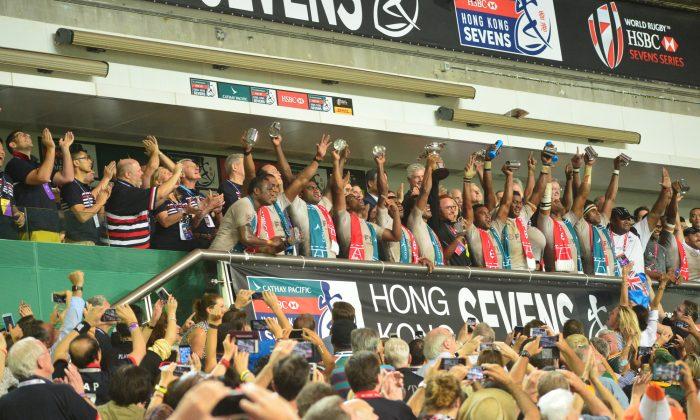
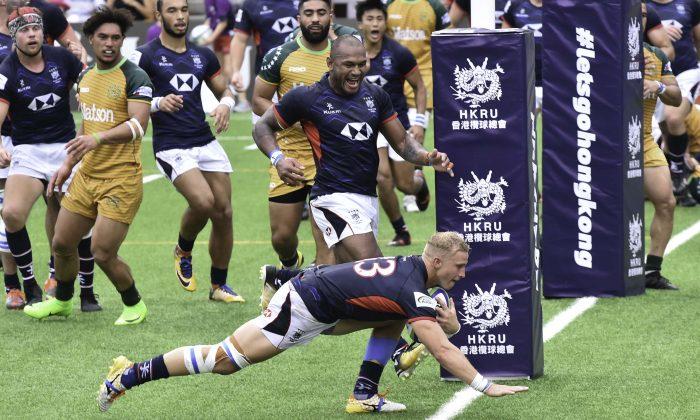
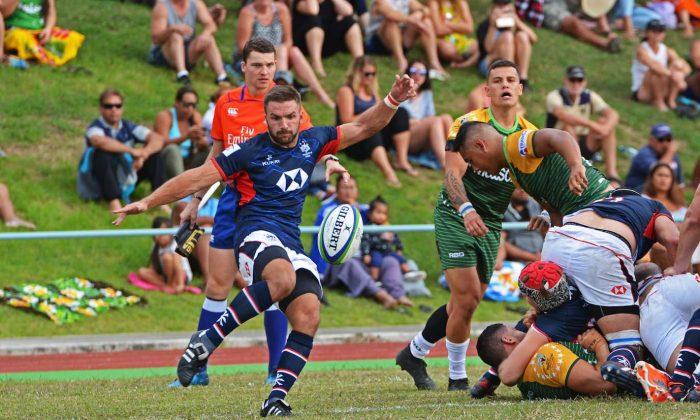
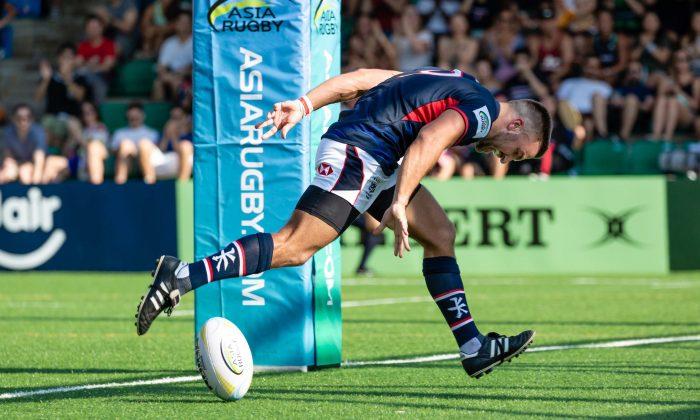
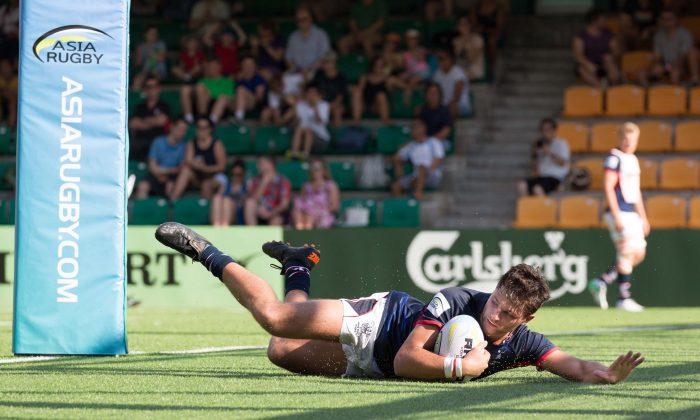
Friends Read Free